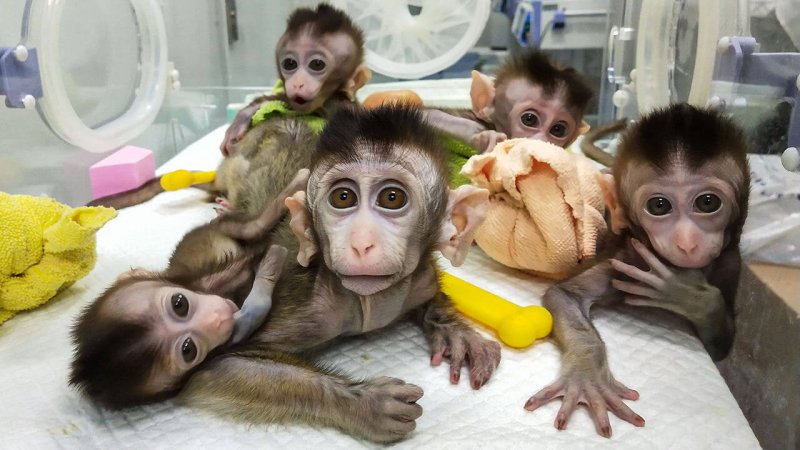China is seeing an explosion in CRISPR-based animal studies and embracing the gene-editing technology with unrivaled zest and zeal—so much so that China could soon outpace the US in CRISPR-related research papers and patents across fields such as medical research, agriculture, and industrial applications.
…
China’s full-speed-ahead approach on CRISPR extends beyond animal research. There are at least 20 research groups across the country using CRISPR to modify crop genes as part of a wider, technology-based push to improve agricultural output.
…
The animal and plant-based CRISPR studies seem to be fulfilling two purposes. First, they help bolster China’s position on several of the economic, political, and technological fronts where the country is squaring off with the US. Second, gene editing offers viable solutions to some of the major issues facing the world’s most populous country.
…
The ‘Sputnik 2.0 race’ is far from over, and the good news is that the competition will almost invariably lead to new discoveries and solutions that can be beneficial for all of humanity. The question then becomes what access the rest of the world will have to such solutions.
Read full, original post: Inside China’s Play to Become the World’s CRISPR Superpower































